The text of the book "Irrigation Technology: Theory and Practice" covers in a concise and yet in a comprehensive manner the various aspects of irrigation including the basic soil properties, crop water requirements, and both the design as well as evaluation of various surface irrigation methods, sprinkler and drip irrigation methods. Micro irrigation methods, viz., sprinkler irrigation and drip irrigation methods, have been treated in a greater detail keeping in mind their greater importance in the near future when the competition for fresh water for various purposes such as for industry, domestic supply, etc. would increase tremendously.
The text is presented in thirteen chapters. In chapter one, introduction, the importance of irrigation is explained with the help of the concept of conservation irrigation water management under four sections, viz., What the irrigation engineer should know? What the irrigator should know? What the planner should know? and preliminary considerations. In chapter 2, irrigation water resources, the importance of water resources in India for sustainable food production to meet the demand of food grains of ever-increasing population has been explained. Thereafter, farm ponds, dug wells and tube wells are dealt with under irrigation water resources.
In chapters 3, irrigation water measurement, irrigation water measurement in small irrigation streams, field channels and in pipe flows are explained. In chapter 4, irrigation water distribution is briefly explained. In chapter 5, soil physical properties, theories of infiltration as well as measurement of infiltration are given. Then the determination of field capacity, permanent wilting point, soil moisture content and hydraulic conductivity are treated. Most commonly used evapotranspiration methods are given in chapter 6, irrigation water requirements. In chapter 7, irrigation scheduling is dealt with. Various irrigation efficiencies are explained with suitable examples in chapter 8, irrigation efficiencies. In chapters 9, irrigation methods, types of irrigation methods and their role in better use of irrigation water, factors influencing the selection of irrigation method and design of surface irrigation systems are discussed. In chapters 10 and 11 surface irrigation methods are given. In chapter 10 the design as well as evaluation of border and check basin irrigation methods are explained while in chapter 11, furrow irrigation, the design and evaluation of furrow irrigation method is explained.
Sprinkler irrigation and drip (or trickle) irrigation, respectively, are given in chapters 12 and 13. At first, the terminology and the formulae are given. Then the design is explained with the help of worked out examples. Finally the evaluation is given with the help of necessary forms for evaluation.
As will be seen, conscious effort is made to include, though in brief, several items of useful information. Thus, it is felt that the book covers all the preliminary items for a good understanding of the subject. At the end are given several references.
ABOUT THE AUTHOR S R Bhakar
Dr. S.R. Bhakar is an Associate Professor in the Department of Soil and Water Engineering, CTAE, MPUAT Udaipur, Rajasthan. He did his B.E. (AG) from Sukhadia University, Udaipur (Rajasthan); M.Tech. (WRDM) from the I.I.T., Kharagpur and Ph/D. (SWCE) from the MPUAT, Udaipur. He is a Fellow of the Indian Water Resources Society, and Member of several societies & technical associations.
He has handled research projects as PI/CO-PI in various projects, e.g. "Study of Salt and Water Movement in Evaporation Pond and Surrounding Area" sponsored by the RSMM Ltd., Lignite Mines, Nagpur; "Study of Irrigation Efficiencies to Find Out Proper Bed Size for Irrigation in Right Main Canal Command of Nand Samand Irrigation Project" sponsored by the Government of Rajasthan; AICRP on Ground Water Utilization through Wells and Pumps", "Resource Characterization and Socio-Economic Constraints Analysis of Productivity in the Maize Based Crop Production System" and "Stochastic Modelling of Agrometeorological Phenomena for Farm Water Management Planning" sponsored by the ICAR, New Delhi.
He has authored 3 books, contributed chapters in 5 books and published 55 papers in national and international research journals/Conferences. He has guided 11 M.Tech. and 15 B.E. student projects.
ABOUT THE AUTHOR Y P Rao
Dr. Yenneti Pyda Rao, hails from a farming community of Visakhapatnam District of Andhra Pradesh. He obtained his B.Tech. (Hons.), M.Tech. and Ph.D. degrees from the I.I.T., Kharagpur.
In 1965, he underwent Familiarization Training in Installation and Maintenance of Meteorological Instruments at the AGRIMET Division of the I.M.D., Pune. In 1967-68 and in 1983, as a Ford Foundation Fellow, he studied advanced courses in Irrigation Engineering and related courses at Purdue University and Colorado State University. Besides studying Micro-irrigation in Arizona, California, Colorado and Utah, Dr. Rao visited the field irrigation projects in the Philippines, Thailand and Sri Lanka. Dr. Rao served at the IIT, Kharagpur in various capacities including the Head, Rural Development Centre, Participating in various developmental activities and retired as a Professor of Agricultural Engineering in June 1993. He supervised several research schemes funded by the Government of India and the Ford Foundation. He coordinated the framing of Curricula for the Multidisciplinary M.Tech. Course in W.R.D.M. Dr. Rao guided 6 Ph.D. and 54 M.Tech. theses. He published around 70 papers and won several awards of the I.S.A.E. and the I.E.(I). He was the Chairman, Agricultural Engineering Division Board (1990-92) and Consulting Editor of the Agricultural Engineering Part of the Journal of the IE(I) (1992-97).
After retiring from the I.I.T., Kharagpur, Dr. Rao served at the NERIST, Arunachal Pradesh as Professor (1994-98) and H.o.D. (1995-97). He was a Member of the Planning and Academic Committee of Tezpur University (1995-99). He evaluated Rural Development Projects funded by the CAPART in Arunachal Pradesh, Assam and West Bengal. He held consultancy in remote sensing in various projects on development of wastelands and watersheds funded by Arunachal Pradesh State Council for Science and Technology. Dr. Rao authored the Arunachal Pradesh State Water Policy.

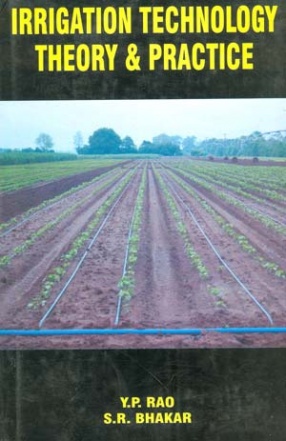

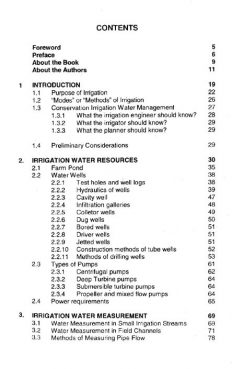
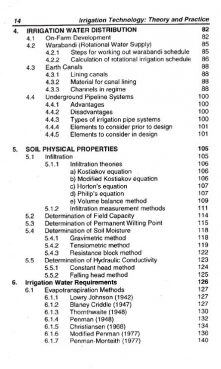
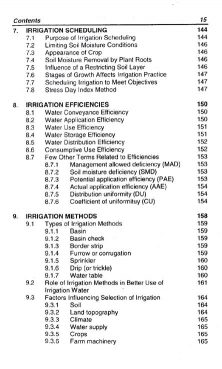
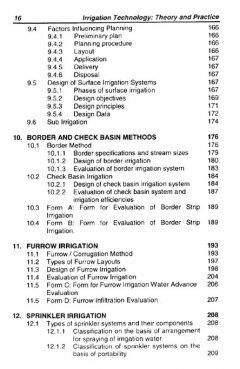

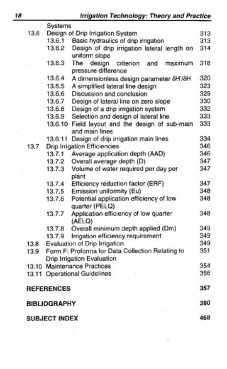
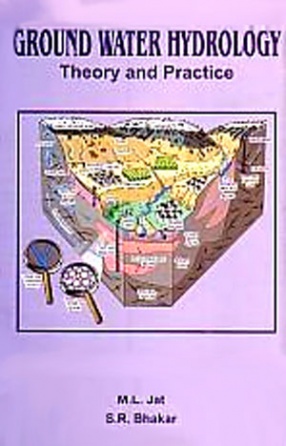
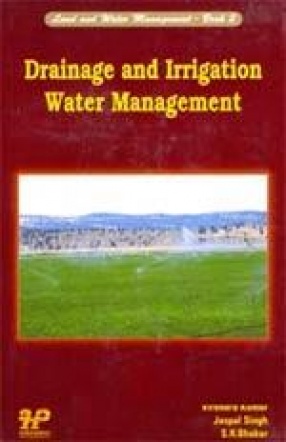
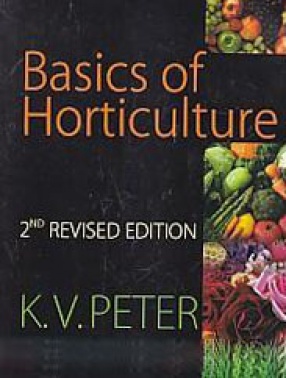
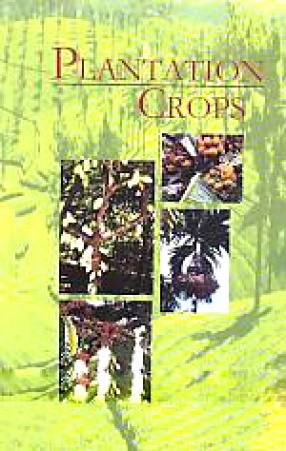

There are no reviews yet.